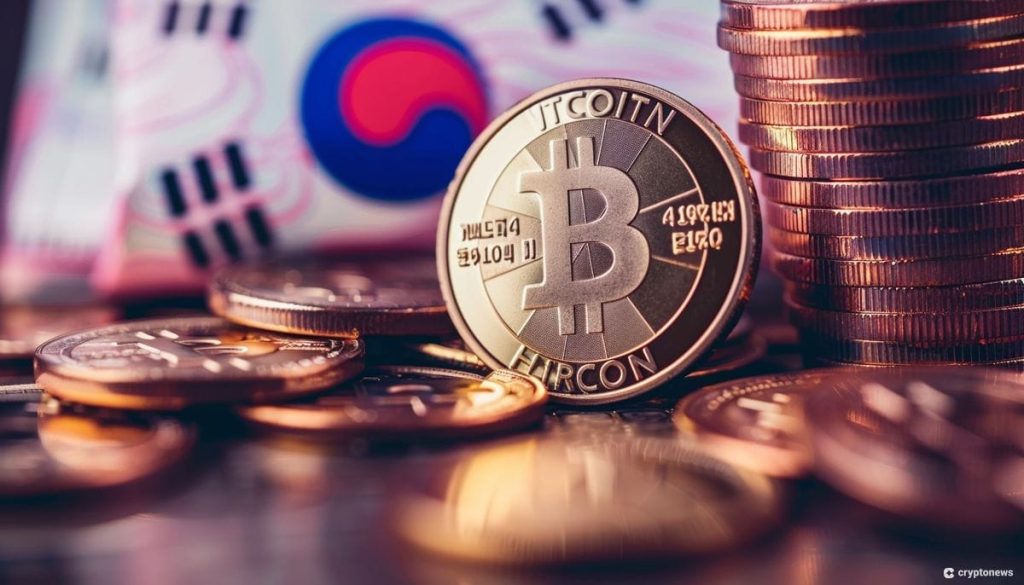Political campaigns in South Korea are using the country’s booming crypto market to engage voters ahead of the parliamentary election. Both major political parties, President Yoon Suk Yeol’s People Power Party and the opposition Democratic Party, are incorporating crypto-related promises into their campaign platforms. For example, the People Power Party has committed to delaying the implementation of a digital-asset tax, acknowledging the importance of the crypto industry to voters. Meanwhile, the Democratic Party is focusing on lifting restrictions on ETFs, including those holding US Bitcoin products.
The Democratic Party’s manifesto supports the inclusion of both domestic and overseas ETFs, following the move made by the US to allow ETFs investing directly in Bitcoin earlier this year. However, South Korea’s securities regulator has expressed concerns that local brokering of these products might violate the law, creating confusion and impacting the market. The People Power Party, on the other hand, has promised to postpone planned taxes on crypto gains beyond the scheduled timeframe of 2025. South Koreans have actively participated in the recent crypto bull market, with significant investments in various cryptocurrencies beyond Bitcoin.
Interestingly, about 7% of election candidates in South Korea own digital assets, according to a report by Yonhap that analyzed their asset disclosures. Despite the high risk associated with the crypto market, the recent surge in its value has overshadowed past failures. South Korea is set to implement an investor-protection framework in July, and both major political parties have indicated their intention to pursue broader regulation for the industry. Additionally, stricter regulations for token listing on exchanges are expected to be introduced soon, including the blocking of tokens that have been hacked. A new set of guidelines for virtual asset trading support is also on the horizon, expected to be released by the end of this month or early next month.
South Korea’s prominent crypto market has gained the attention of election candidates and political parties alike, with promises to address the industry’s needs and concerns. The Democratic Party, for example, is advocating for the inclusion of both domestic and overseas ETFs, following the US decision to allow ETFs investing directly in Bitcoin. The People Power Party, on the other hand, is focusing on postponing planned taxes on crypto gains. Both parties have acknowledged the enthusiasm of South Koreans for cryptocurrencies and the potential impact of the crypto market on the economy.
With approximately 7% of election candidates in South Korea owning digital assets, the country’s growing crypto market is not just a topic of discussion for political campaigns, but also a reality for those participating in the election. Despite the risks associated with the crypto market, the recent surge in its value has garnered significant attention. South Korea is moving towards implementing stricter regulations for token listing on exchanges, as well as an investor-protection framework to safeguard investors in the industry. The upcoming guidelines for virtual asset trading support will provide clearer standards for the listing of virtual assets, ensuring transparency and security for market participants.


